Team
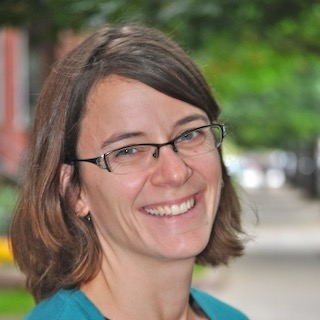
Anne Short Gianotti
Principal Investigator
Associate Professor – Boston University
Anne Short Gianotti is Associate Professor of Earth and Environment at Boston University where her research focuses on the social and political dimensions of conservation and natural resource management. Her work investigates how various socio-political and ecological processes shape human interactions with nature and catalyze changes in land use, management, and policy. Short Gianotti’s research experience spans issues as diverse as wildlife management, disaster risk reduction, and cannabis cultivation. In all of her projects, she works directly with landowners, natural resource agencies, and other decision-makers to connect her research with practice.
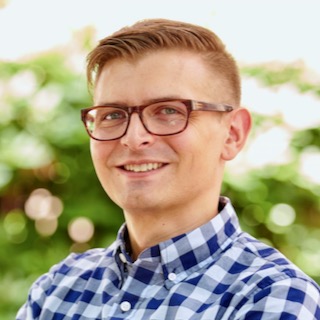 John Casellas Connors
John Casellas Connors
Co-Principal Investigator
Assistant Professor – Texas A&M University
John Casellas Connors is broadly trained as a human-environment geographer. His research addresses the social and political dimensions of environmental management programs and food systems. Utilizing an array of qualitative and quantitative methods, his research explores the ways that humans understand and transform their environments and ultimately are affected by these changes. His current research is particularly focused on how changes in the composition of agricultural productions systems across scales may affect the resilience of food systems and influence outcomes in food security. In addition, he is involved with a project examining wildlife management programs in suburban landscapes, where many species now thrive, but institutions and patterns of land use present distinct challenges for management.
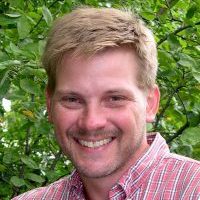 Timothy Van Deelen
Timothy Van Deelen
Co-Principal Investigator
Professor – University of Wisconsin – Madison
Dr. Van Deelen specializes in conservation and management of large mammals and mammal communities in the Great Lakes region. Specifically, population dynamics, species movement, predator-prey interactions, and chronic wasting disease.
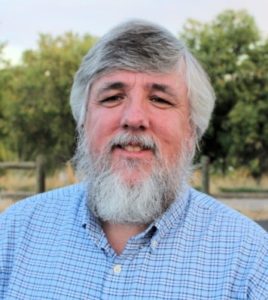 Randall Boone
Randall Boone
Co-Principal Investigator
Professor – Colorado State University
Randall is a wildlife ecologist, but his experience is diverse, including research in ecological modeling, spatial analyses, landscape ecology, biogeographical relationships, species/habitat relationships, coupled systems modeling, and wildlife and livestock mobility, reported in more than 55 publications and 18 book chapters. Randall’s current research analyzes how landscape fragmentation can alter the numbers of livestock and wildlife that can be supported on an area, global rangeland modeling, methods of using computer simulation in education and the inclusion of underrepresented groups, agent-based approaches to household modeling, and as a means of including competition in niche dimension models assessing effects of climate change. He teaches courses in ecosystem science, spatial analyses and geographic information systems, and agent-based modeling of ecological and social systems.
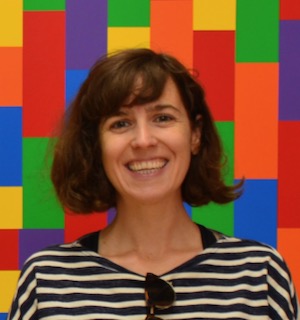 Émilie Edelblutte
Émilie Edelblutte
Research Assistant
PhD Candidate – Boston University
Émilie is a geographer interested in questions of urban nature, wildlife/human interactions and conservation in urbanized regions. She holds a Bachelors and Masters degree in Geography from the University of Lyon (France) and has worked extensively for a French Research Program on Urban National Parks in Emerging Countries. Her previous research looked at the limitations of traditional conservation models and the associated power asymmetries in the Metropolitan Region of Mumbai, India. At Boston University, she applies mixed-methods approach to understand complex socio-ecological systems. Through a comparative study of deer management in Massachusetts and New York, and leopard conservation in India, she analyzes the issues brought up by the presence of wildlife in human-dominated landscapes.
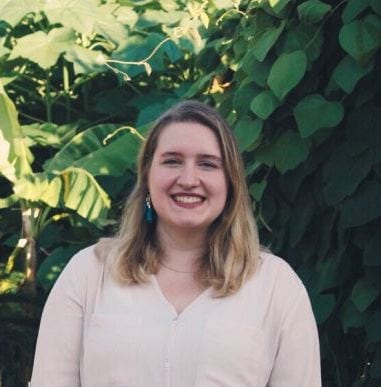
Sara Cavallo
Postdoctoral Associate – Boston University
Sara is a nature-society geographer interested in biosecurity—the management of pests, pathogens, and other prickly characters. She draws on political ecology and science and technology studies to examine how knowledge systems shape approaches to biosecurity and environmental management more broadly. In short, her work asks: who knows what and why does that matter during moments of environmental crisis and controversy? Her projects are topically and geographically diverse: from wildlife management in Massachusetts and New York, to plant disease management in western Uganda and spotted lanternfly control in Pennsylvania.
Rob Anderson
Postdoctoral Associate – Boston University
Rob is an environmental social scientist interested in Nature-society relations and the interwoven sociopolitical and ecological dimensions of environmental management. He holds a PhD in human geography from the University of Washington, and has also worked as a researcher and project manager in both the government and nonprofit sectors. His research examines diverse practices of environmental management, including biodiversity conservation and ecological restoration efforts, with an emphasis on sociopolitical conflict and controversy over management. His work centers conservation as a cultural and political process, exploring the formation and reproduction of values and norms about wildlife, ecosystems and the natural world.
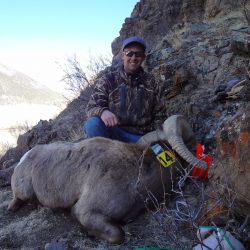 Jamie Goethlich
Jamie Goethlich
PhD Student – University of Wisconsin – Madison
Jamie is a PhD student investigating the relationships between different management strategies, white-tailed deer populations, and vegetative communities in the northeastern US. He recently completed a MS at Auburn University, where he studied the effects of abiotic factors (e.g. temperature, barometric pressure, moon phase) on deer activity in South Carolina. Prior to attending graduate school, he earned his BS in Biology and Natural Resources from Northland College in Ashland, WI, and worked as a technician on projects ranging from investigating diet selection of slimy sculpins in northern Alaska to determining the location of moose calf births and deaths using movement behavior of GPS-collared cow moose in northeastern Minnesota. As a Wisconsin native, Jamie is excited to return to his home state for his PhD. His free time is spent hunting, fishing, and spending time outdoors in the woods and on the waters that inspired his passion for wildlife.
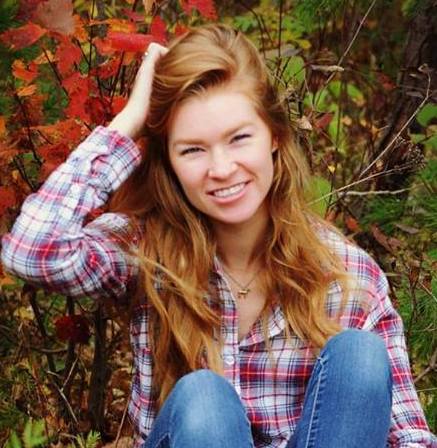 Allie Kohler
Allie Kohler
PhD Student – Colorado State University
Allie is currently working on her PhD in Ecology at Colorado State University in Fort Collins, CO. She is interested in wildlife ecology, conservation, and management, and is now working on a modeling project involving white-tailed deer. Allie obtained her MS in Wildlife Science from Texas A&M University where she studied the impacts of cattle grazing regimes on grassland birds. Prior to her master’s, Allie obtained a BS in Biology and Natural Resources from Northland College, WI. During her undergraduate career, she worked on various research projects ranging from American kestrel conservation, small mammal ecology, and mammalian biofluorescence. Allie’s passions for nature and wildlife have guided her to where she is in life and she hopes to use her education to become a professor when she finishes her PhD so she can instill a passion for the natural world in others.
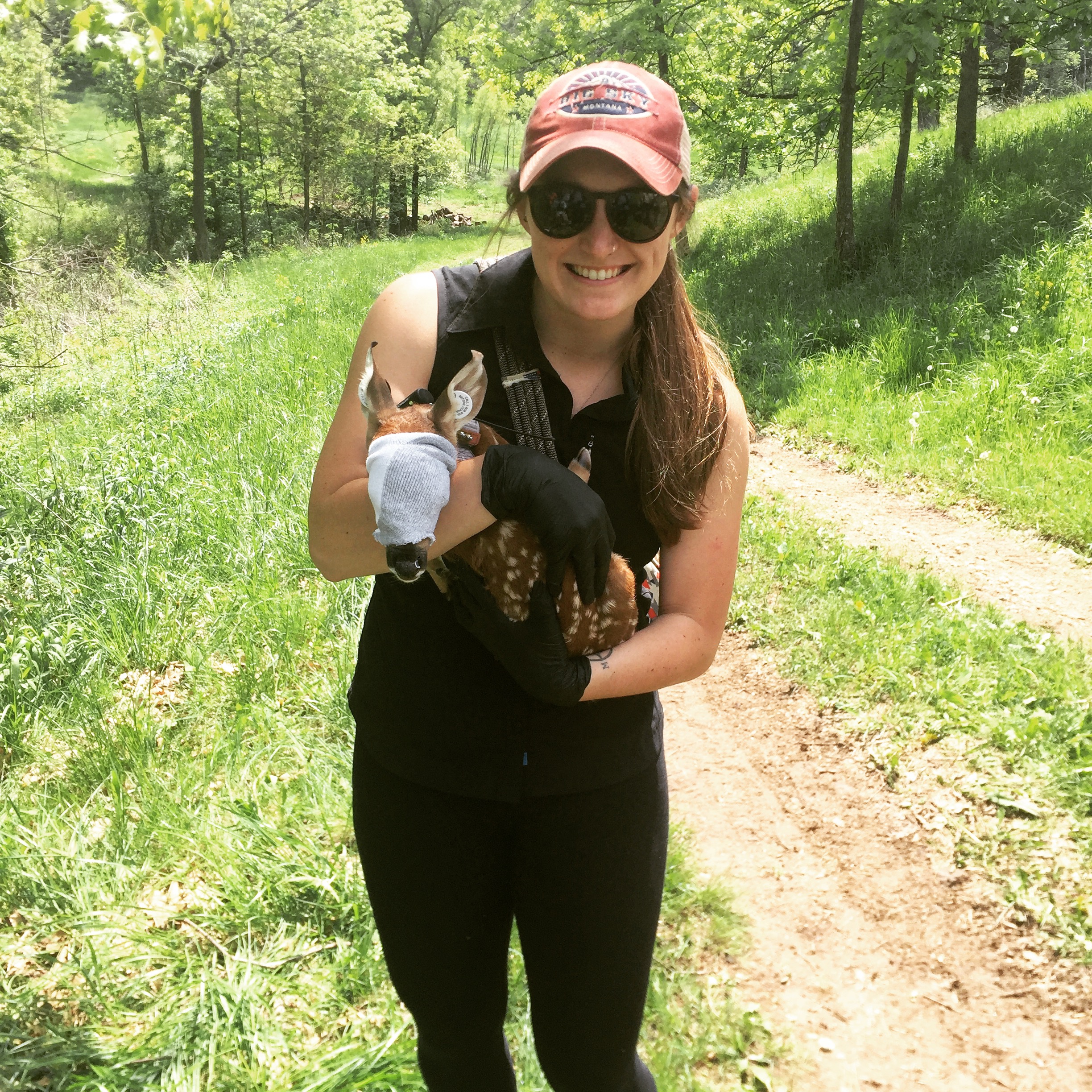
Megan Morrison
Field researcher
I’m a Wisconsin native who grew up hiking and horseback riding in the Kettle Moraine State forest. As many others in the ecology field, I fell in love with the outdoors as a kid and have continued to pursue that passion through undergrad and into graduate school. I earned a degree in Biology from DePauw University (Greencastle, IN) and recently completed my master’s thesis with Dr. Tim Van Deelen that focused on analyzing historical patterns of deer migration in the Great Lakes region, and how those patterns have been altered in the face of a changing climate.